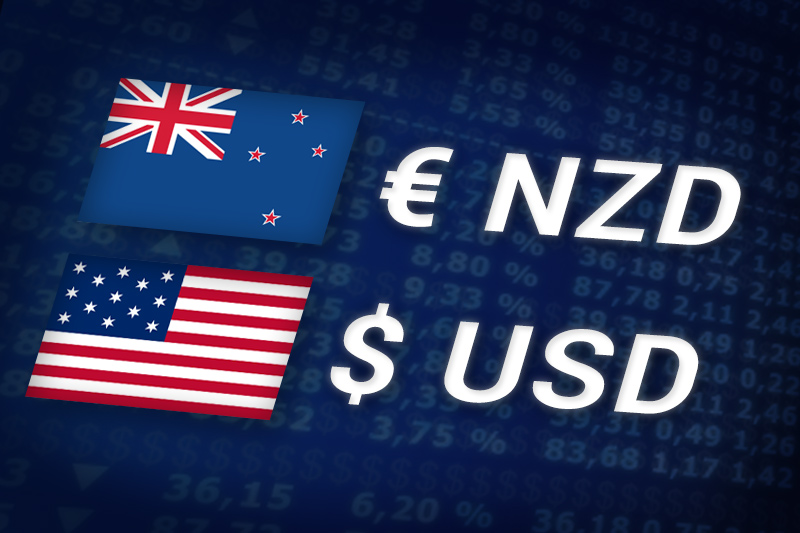Investing.com - The New Zealand dollar rose against its U.S. counterpart on Tuesday, but gains were limited amid sustained uncertainty over whether Spain will ask for a full scale sovereign bailout.
NZD/USD hit 0.8314 during European morning trade, the daily high; the pair subsequently consolidated at 0.8300, adding 0.28%.
The pair was likely to find support at 0.8242, the low of September 27 and resistance at 0.8356, the high of September 28.
Sentiment remained under pressure, as investors were waiting to see whether Madrid will seek a bailout and trigger the European Central Bank's bond buying program.
On Monday, European officials said that while Spain is ready to request a euro zone bailout for its public finances as early as next weekend, Germany has signaled that it should hold off.
In addition, Moody's has yet to announce its review of Spain's rating, which could see Madrid's credit standing cut to junk status.
The kiwi was higher against the Australian dollar with AUD/NZD shedding 0.69%, to hit 1.2415.
Also Tuesday, the Reserve Bank of Australia unexpectedly cut rates for the third time in six months, bringing the benchmark interest rate down to 3.25% from 3.50%, in response to a worsening outlook for the global economy and signs of a weakening local labour market.
Commenting on the decision, RBA Governor Glenn Stevens said "the outlook for growth in the world economy has softened over recent months, with estimates for global gross domestic product being edged down, and risks to the outlook still seen to be on the downside."
NZD/USD hit 0.8314 during European morning trade, the daily high; the pair subsequently consolidated at 0.8300, adding 0.28%.
The pair was likely to find support at 0.8242, the low of September 27 and resistance at 0.8356, the high of September 28.
Sentiment remained under pressure, as investors were waiting to see whether Madrid will seek a bailout and trigger the European Central Bank's bond buying program.
On Monday, European officials said that while Spain is ready to request a euro zone bailout for its public finances as early as next weekend, Germany has signaled that it should hold off.
In addition, Moody's has yet to announce its review of Spain's rating, which could see Madrid's credit standing cut to junk status.
The kiwi was higher against the Australian dollar with AUD/NZD shedding 0.69%, to hit 1.2415.
Also Tuesday, the Reserve Bank of Australia unexpectedly cut rates for the third time in six months, bringing the benchmark interest rate down to 3.25% from 3.50%, in response to a worsening outlook for the global economy and signs of a weakening local labour market.
Commenting on the decision, RBA Governor Glenn Stevens said "the outlook for growth in the world economy has softened over recent months, with estimates for global gross domestic product being edged down, and risks to the outlook still seen to be on the downside."
